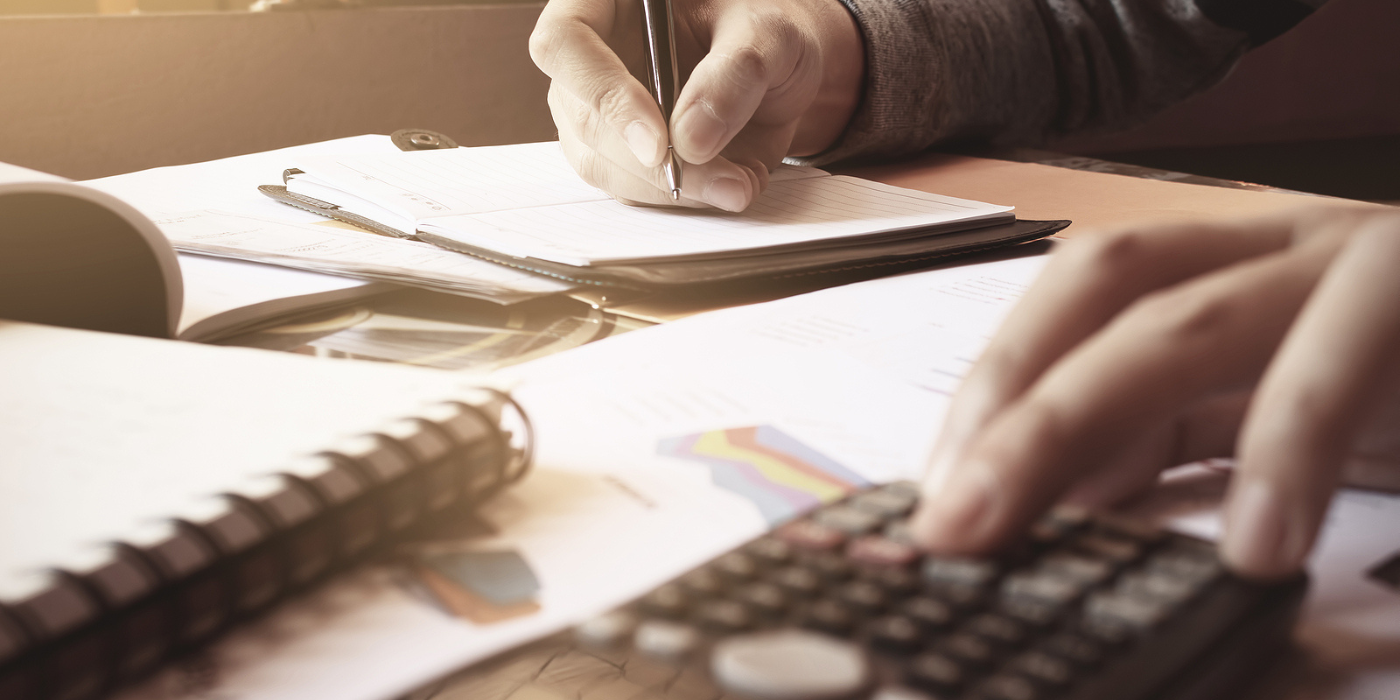New Paragraph
How Much Does It Actually Cost To Buy Property?
When calculating if you can afford to purchase a property, don’t just figure out a rough downpayment and quickly move on from there. Several other costs need to be considered when buying a property; these are called your closing costs. Closing costs refer to the things you’ll have to pay for out of your pocket and the amount of money necessary to finalize the purchase of a property.
And like most things in life, it pays to plan ahead when it comes to closing costs. Closing costs should be part of the pre-approval conversation as they are just as important as saving for your downpayment.
Now, if your mortgage is high-ratio and requires mortgage default insurance, the lender will need to confirm that you have at least 1.5% of the purchase price available to close the mortgage. This is in addition to your downpayment. So if your downpayment is 10% of the purchase price, you’ll want to have at least 11.5% available to bring everything together. But of course, the more cash you have to fall back on, the better.
So with that said, here is a list of the things that will cost you money when you’re buying a property. As prices vary per service, if you’d like a more accurate estimate of costs, please connect anytime, it would be a pleasure to walk through the exact numbers with you.
Inspection or Appraisal
A home inspection is when you hire a professional to assess the property's condition to make sure that you won’t be surprised by unexpected issues. An appraisal is when you hire a professional to compare the property's value against other properties that have recently sold in the area. The cost of a home inspection is yours, while the appraisal cost is sometimes covered by your mortgage default insurance and sometimes covered by you!
Lawyer or Notary Fees
To handle all the legal paperwork, you’re required to hire a legal real estate professional. They’ll be responsible for transferring the title from the seller's name into your name and make sure the lender is registered correctly on the title. Chances are, this will be one of your most significant expenses, except if you live in a province with a property transfer tax.
Taxes
Depending on which province you live in and the purchase price of the property you’re buying, you might have to pay a property transfer tax or land transfer tax. This cost can be high, upwards of 1-2% of the purchase price. So you’ll want to know the numbers well ahead of time.
Insurance
Before you can close on mortgage financing, all financial institutions want to see that you have property/home insurance in place for when you take possession. If disaster strikes and something happens to the property, your lender must be listed on your insurance policy.
Unlike property insurance, which is mandatory, you might also consider mortgage insurance, life insurance, or a disability insurance policy that protects you in case of unforeseen events. Not necessary, but worth a conversation.
Moving Expenses
Congratulations, you just bought a new property; now you have to get all your stuff there! Don’t underestimate the cost of moving. If you’re moving across the country, the cost of hiring a moving company is steep, while renting a moving truck is a little more reasonable; it all adds up. Hopefully, if you’re moving locally, your costs amount to gas money and pizza for friends.
Utilities
Hooking up new services to a property is more time-consuming than costly. However, if you’re moving to a new province or don’t have a history of paying utilities, you might be required to come up with a deposit for services. It doesn’t really make sense to buy a property if you can’t afford to turn on the power or connect the water.
So there you have it; this covers most of the costs associated with buying a new property. However, this list is by no means exhaustive, but as mentioned earlier, planning for these costs is a good idea and should be part of the pre-approval process.
If you have any questions about your closing costs or anything else mortgage-related, please connect anytime; it would be great to hear from you!
Share
RECENT POSTS


STAY INFORMED
Subscribe to my newsletter




